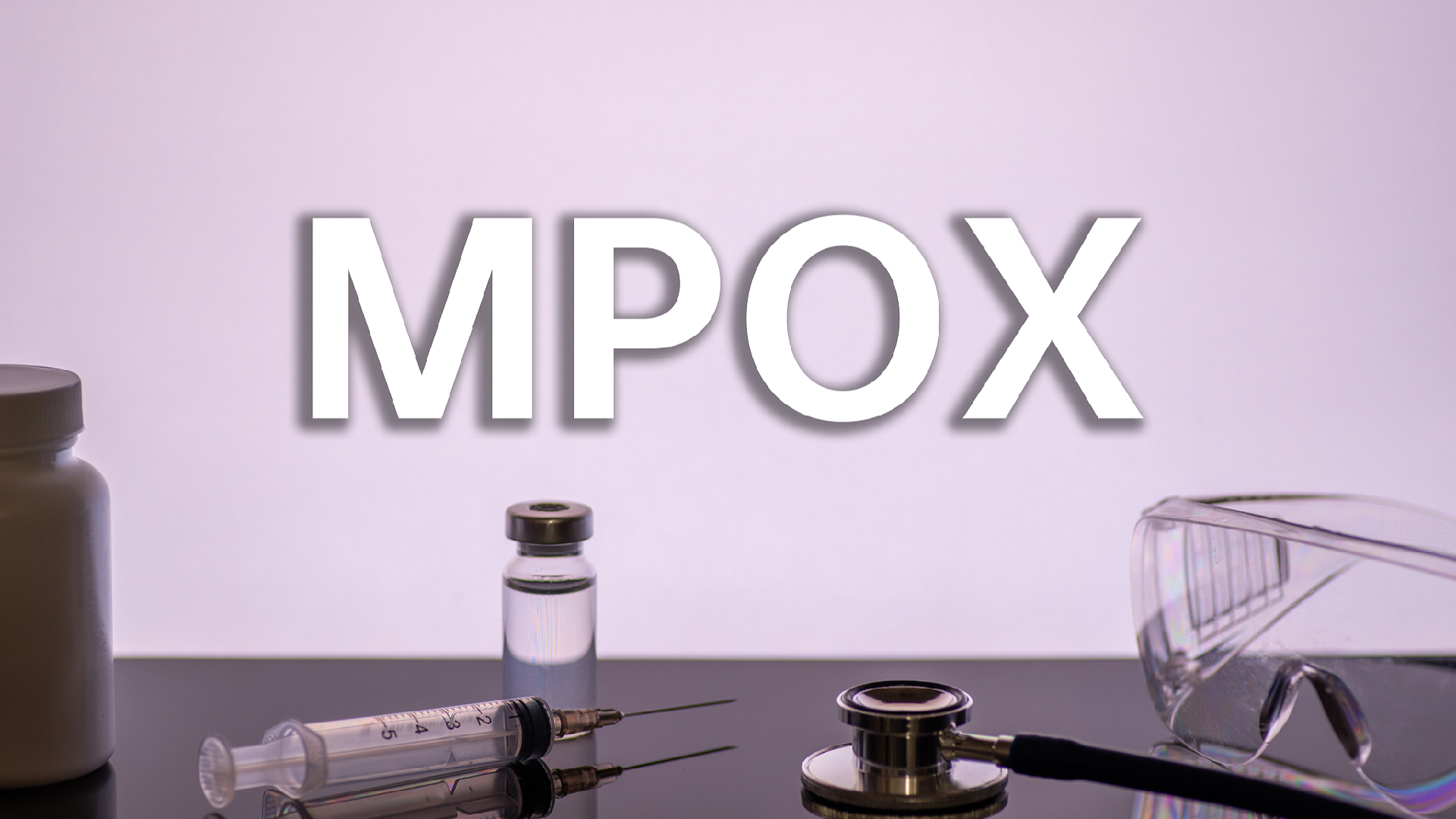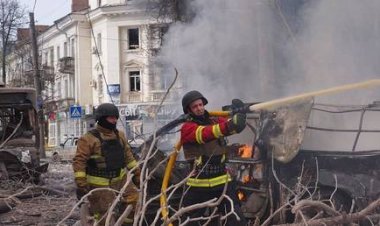WHO announces mpox as a global public health emergency
The World Health Organization (WHO) has officially classified mpox as a global public health emergency. This declaration highlights the urgency of the situation and calls for a coordinated response to mitigate the crisis. Health officials and leaders worldwide are now tasked with addressing the implications of this status and implementing measures aimed at controlling the spread of the disease and protecting public health.

"Today, the emergency committee met and advised me that, in its view, the situation constitutes a public health emergency of international concern. I have accepted that advice," WHO Director-General Tedros Adhanom Ghebreyesus announced during a press conference in Geneva.
A PHEIC represents the most urgent warning available under international health regulations. "This is something that should concern us all ... The potential for further spread within Africa and beyond is very worrying," Tedros commented.
According to WHO statistics, the number of mpox cases this year has surpassed the figures from the previous year, tallying over 14,000 infections and 524 fatalities.
Following the Africa Centers for Disease Control and Prevention's (Africa CDC) classification of the mpox outbreak as a continent-wide public health emergency, WHO made its declaration.
"We are not dealing with one outbreak of one clade – we are dealing with several outbreaks of different clades in different countries with different modes of transmission and different levels of risk," Tedros explained during his initial statement at the emergency committee meeting.
The European Commission's Health Emergency Preparedness and Response Authority (HERA) disclosed that the European Union intends to obtain and provide Africa with 175,420 doses of MVA-BN vaccines. Furthermore, Bavarian Nordic, a biotechnology firm based in Denmark, will contribute an additional 40,000 vaccine doses to HERA.
James del Carmen for TROIB News
Discover more Science and Technology news updates in TROIB Sci-Tech












